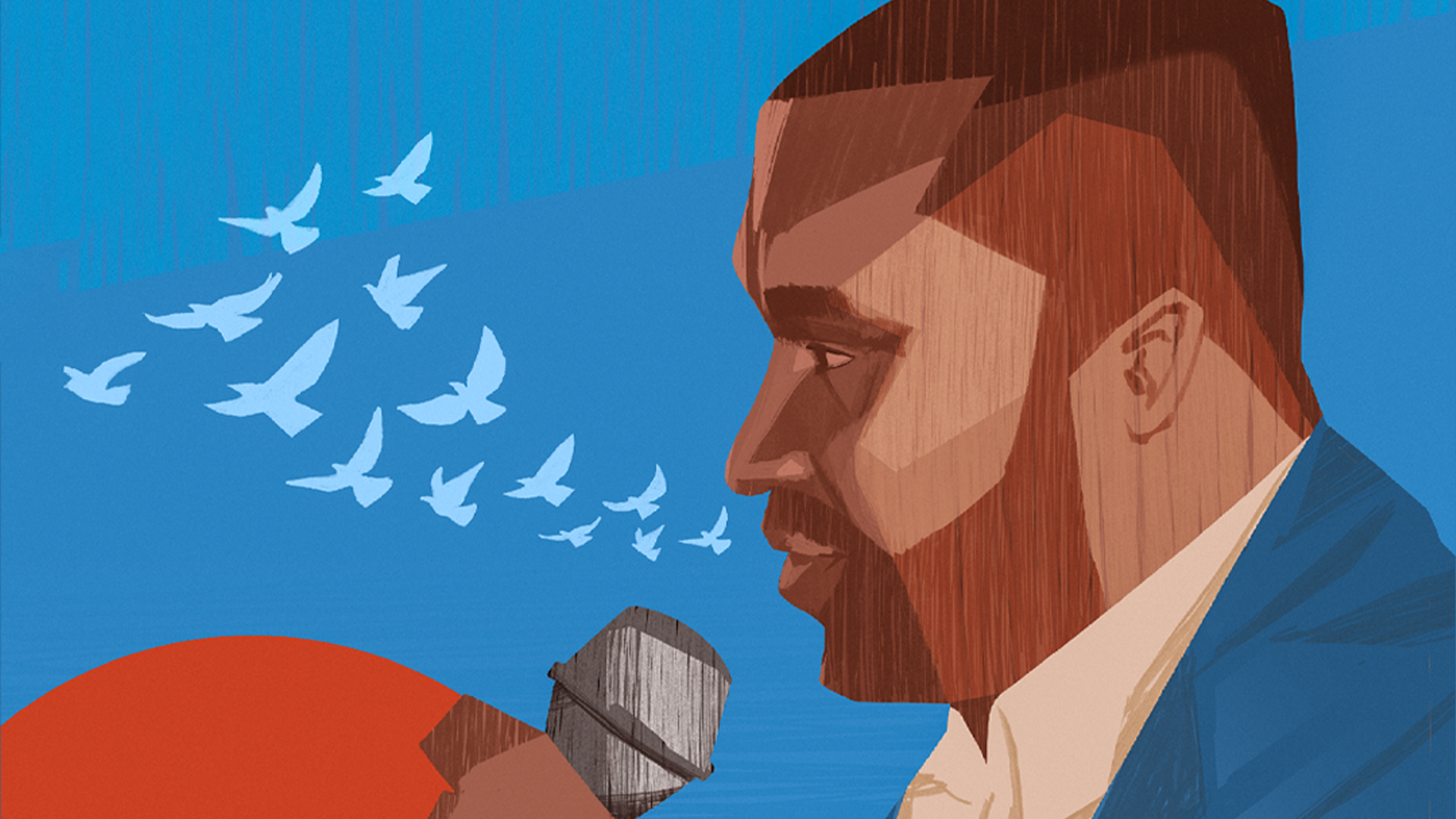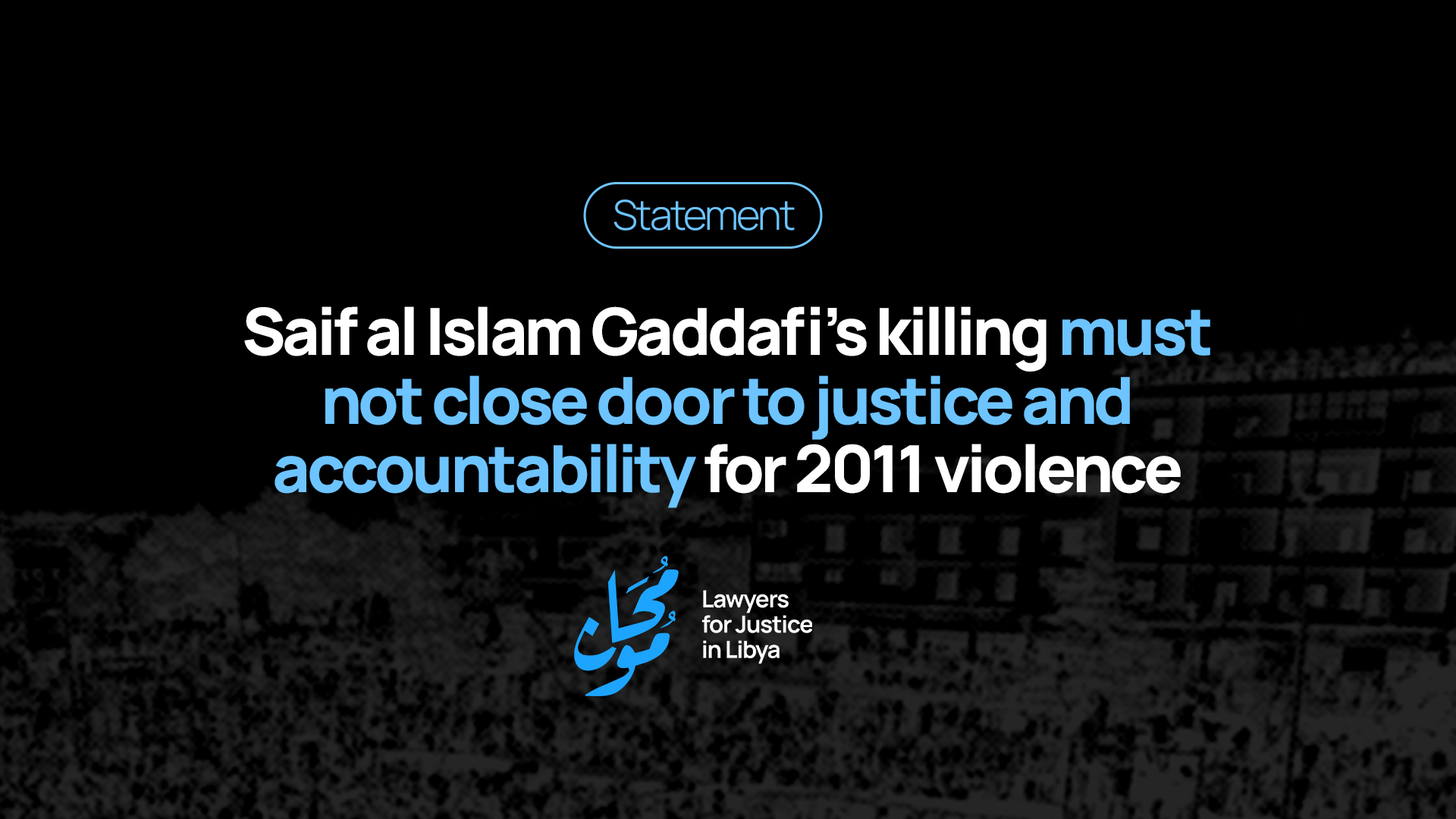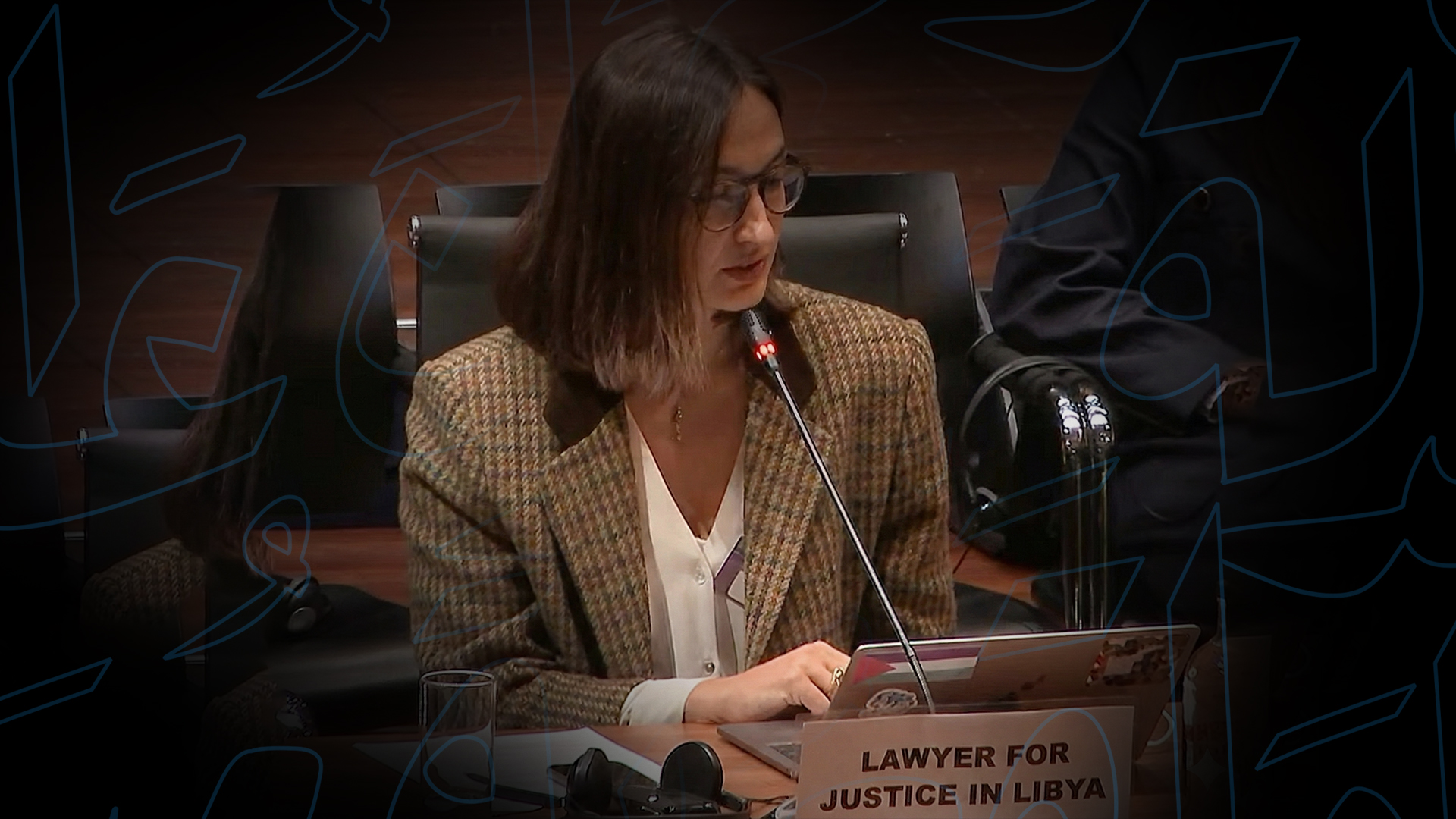Political Isolation Law which violates human rights must be applied with restraint
The Political Isolation Law (PIL) came into force yesterday, 5 June 2013. This law disqualifies certain individuals who are deemed to have been previously associated with the Gaddafi regime and anyone “who took a position against the 17 February Revolution in deed, by incitement or by financial support" from holding public office or posts in government for a period of 10 years. Lawyers for Justice in Libya (LFJL) condemns the Political Isolation Law as it violates human rights law and is an impediment to national reconciliation. LFJL urges the Libyan government to apply restraint and transparency in its application.
On 5 May 2013 the General National Congress (GNC) passed the PIL. LFJL has previously warned the GNC of the dangers of passing a law that attempts to impede due legal processes. “The exclusion of anyone from holding political or public office must be done on the basis of criminal acts proven in a court of law and not on the basis that such a person was merely associated with the previous regime,” said LFJL Director Elham Saudi. “The vague language of the Law is subject to arbitrary interpretation and application. This will inevitably lead to abuse without the protections found in proper judicial processes,” she added.
The amendment to Libya’s Constitutional Declaration to include a provision that eliminates judicial review of the constitutionality of the PIL further violates citizens’ rights and the separation of powers, as was highlighted by LFJL previously. Without allowing the ability to challenge the law on constitutional grounds individuals will not have a meaningful basis to defend themselves from decisions made pursuant to the PIL.
Acknowledging that the law is now a reality, LFJL stresses that the basis of the law’s application must be to exclude those suspected of criminal activities, rather than punishment based on political beliefs. “The Political Isolation Law should not be used as a means of revenge against former regime officials and political adversaries” said LFJL Director Elham Saudi. “Arbitrary application of the law would violate Libya’s constitutional declaration and also breach the country’s international human rights obligations,” added Saudi.
Libya’s long-term prospects for peace, security and national reconciliation heavily rely upon the state acting in good faith. If the law is used to exclude specific actors or groups within society, this will not only infringe on citizens’ rights of political participation, freedom of expression and due process, but may undercut the legitimacy of the government in the long-term and further deepen societal divides.
The PIL must also not be subject to manipulation from political interests. The only way to ensure this is for it to be applied independently and transparently by courts ensuring accountable for those who committed criminal activities whilst respecting the fundamental right to due process.
”We strongly call on the Libyan executive to exercise restraint where its legislators did not and to apply this law in a manner consistent with human rights and with a view to national reconciliation” added Saudi.





